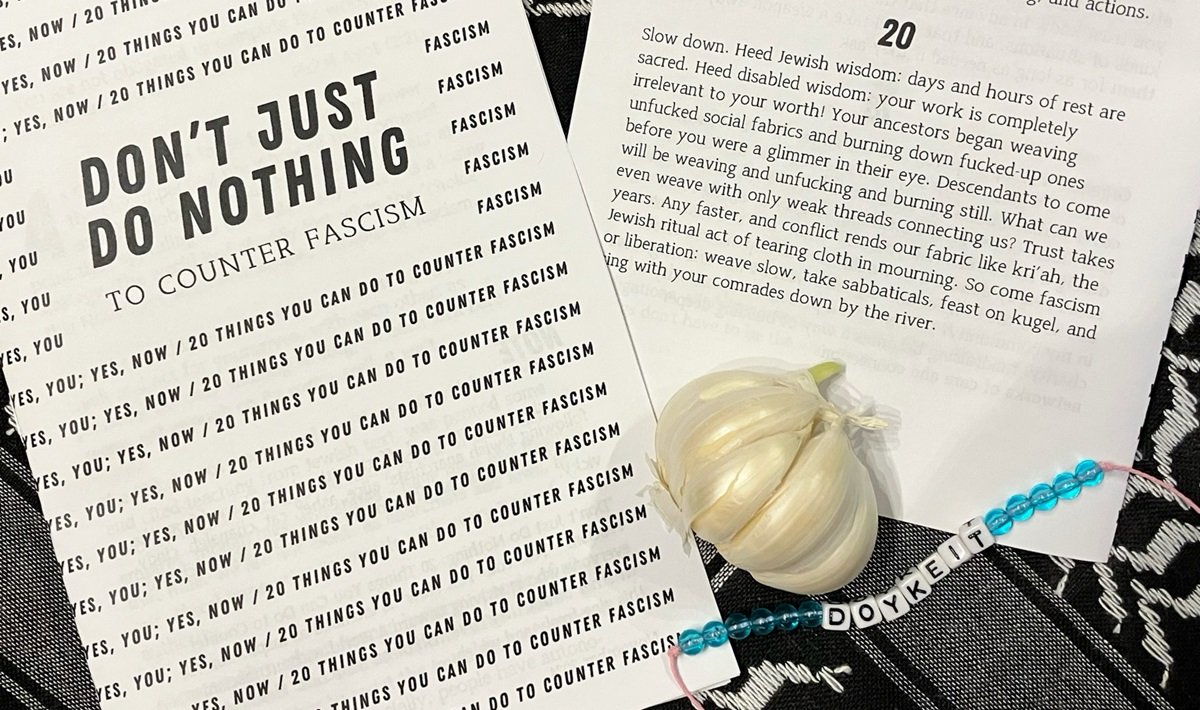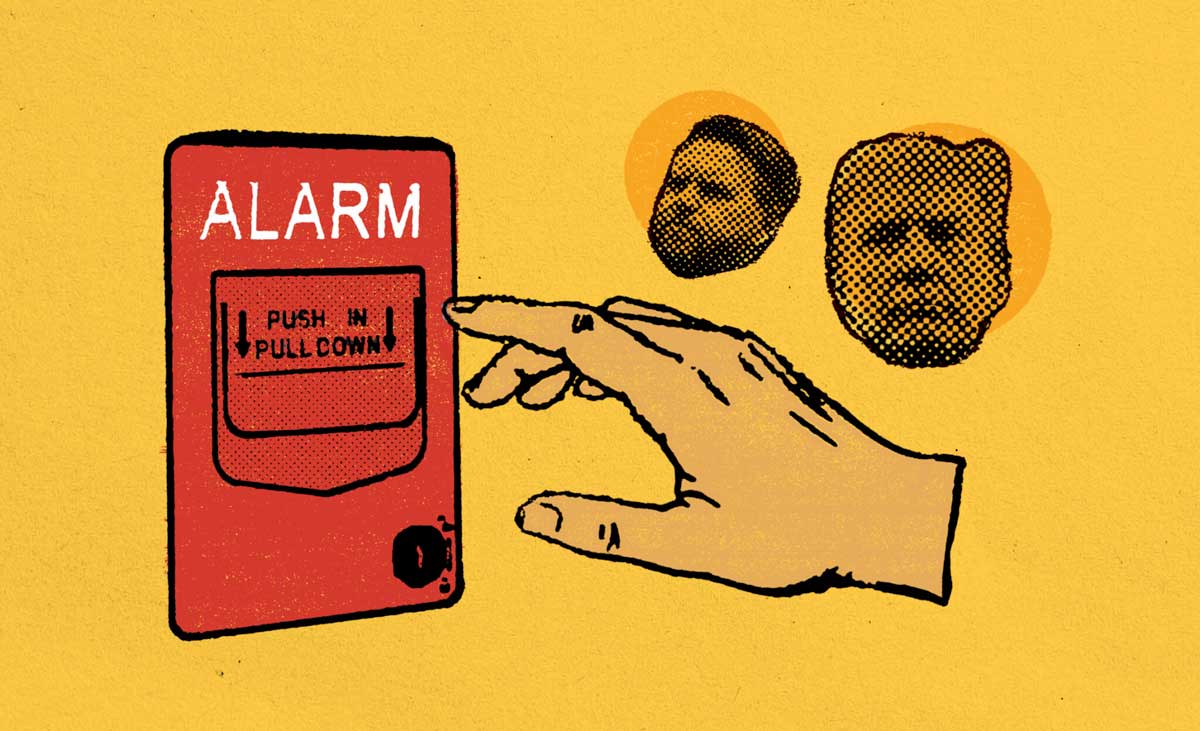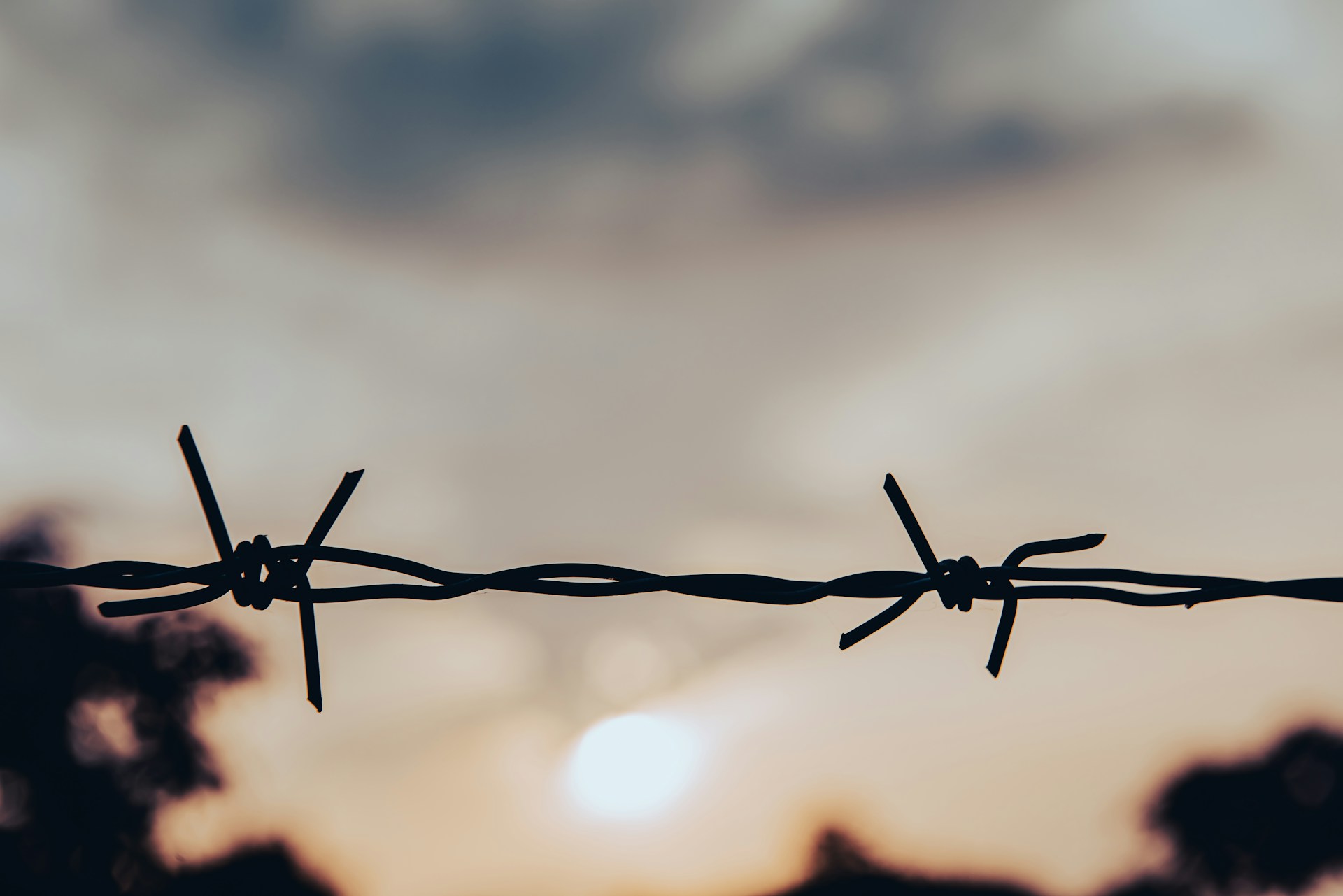Filed under: Documentary, Indigenous, Land, Southern Mexico, Video
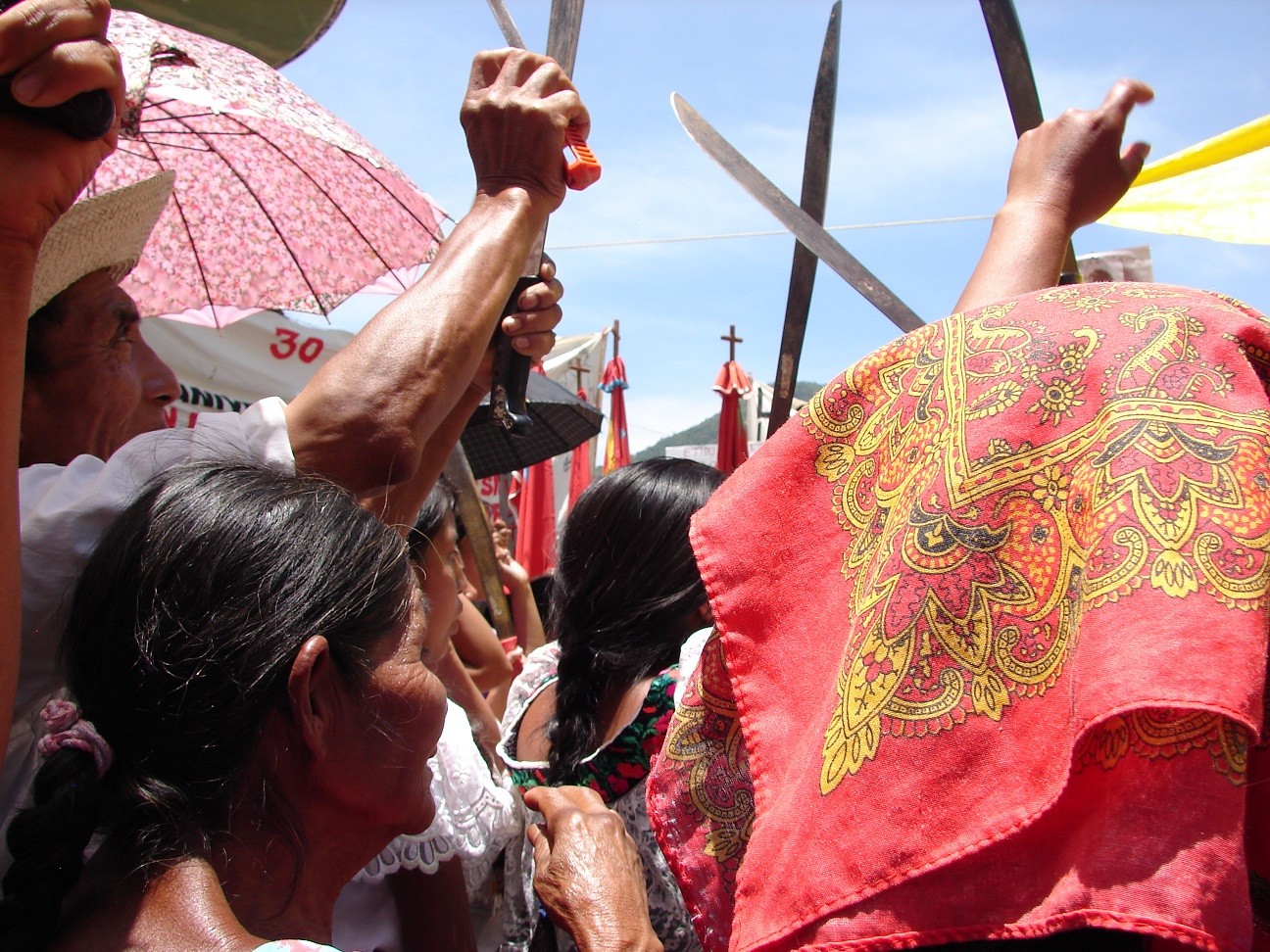
From Dorset Chiapas Solidarity
Many indigenous populations in the Southern Mexican State of Chiapas have been at the forefront of the struggle for land and culture, understood by them as inseparable. For centuries they have been subjected to cultural and territorial dispossession – with territorial dispossession almost always leading to cultural dispossession. Federal, state and international governments, corporations and business couch this in a discourse of ‘development’ and ‘progress.’ Human Rights Organizations and the affected populations, in contrast, explain that dispossession has to be understood in the context, and as part, of low-intensity warfare and counterinsurgency, which has intensified in response to the Zapatista Uprising in 1994 and the establishment of the Zapatista Good Government Councils in 2003. One of the bones of contention in these struggles against dispossession is the legal figure of the ejido. The ejido is social property of the ejidatarios, and its affairs are conducted by an assembly and by elected commissioners. It was enshrined in the Mexican Constitution after the Revolution. Free Trade Agreements and policies seek to abolish or undermine this important legal figure.
The indigenous ch’ol community of Tila has been dragged into a decade-long struggle for 130 hectares of their ejido. This land is located in and alongside the small town of Tila, and it comprises agricultural as well as urban land. In the community of Tila live the (indigenous Ch’ol) ejidatarios, and the (mestizx) villagers. The former govern themselves through an assembly; until December 2015, the latter were governed by the municipal government. The legal figure of the ejido protects commonality and communal landownership; the town, in contrast, was governed and legislated according to the laws of private property.
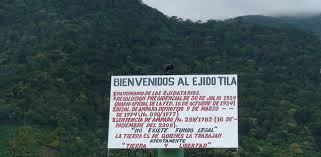 The 130 hectares in question were unlawfully occupied in the 1960s by the non-Ch’ol municipal government. Years later, the ejidatarios won a legal case against the dispossession of their lands; however, the municipal government offered them a financial compensation, whereas the ejidatarios want the land itself because it is the basis of their social and cultural life. They have taken their case to the Supreme Court of Justice. With the decision pending, the municipal council attempted to destroy the community cohesion of the ejidatarios, and to wear out their insistence on not taking money for their land, through a campaign of everyday harassment, for example by introducing water meters and charging for water even though the springs are located on the communal land.
The 130 hectares in question were unlawfully occupied in the 1960s by the non-Ch’ol municipal government. Years later, the ejidatarios won a legal case against the dispossession of their lands; however, the municipal government offered them a financial compensation, whereas the ejidatarios want the land itself because it is the basis of their social and cultural life. They have taken their case to the Supreme Court of Justice. With the decision pending, the municipal council attempted to destroy the community cohesion of the ejidatarios, and to wear out their insistence on not taking money for their land, through a campaign of everyday harassment, for example by introducing water meters and charging for water even though the springs are located on the communal land.
Together We Defend our Mother Earth’,‘Mi Lak Tyeñ Kotyañ Lak Ña’Lum’
Together We Defend, co-directed and co-produced by the indigenous Ch’ol community of Tila and the independent producer Terra Nostra Films, uses the genre of the documentary as a type of public letter: initially it was meant to be sent to the judges of the Supreme Court. In the documentary the ejidatarixs explain in word and image what makes this land inherently and essentially priceless, and why the legal figure of the ejido, similar to the old English ‘Commons,’ is never only about communal land, but just as much about social and cultural life and about the possibility of self-governance. The documentary was completed before the ejido, which is an adherent of the Zapatista Sixth Declaration of the Lacandon Jungle, declared its autonomy on 16th December 2015, as a response to the decades of dispossession and in resistance to a wave of violence and repression.
The camerawork invites a way of looking at the land, landscapes, the people, the communal spaces and practices, without using the camera to capture, or the gaze to take possession. As in other previous Terra Nostra productions, there is no external narrator: the community members speak for themselves, and the viewer/listener is challenged to learn to listen to inflections and speech patterns of the people involved in the struggle for their land. This is how a visual and verbal poetics of resistance emerges as part of an ethical, political, philosophical and practice-inspired approach to living and engaging with each other, social surroundings, built and natural environments – not as a way of ‘making them our own’ or ‘accessing,’ but as an engagement with a plenitude that is inherently and essentially priceless.
The documentary is available here in original version with English subtitles:
‘Together We Defend our Mother Earth’,‘Mi Lak Tyeñ Kotyañ Lak Ña’Lum’
For information from the community itself see
http://laotraejidotila.blogspot.mx/
https://www.facebook.com/ejidotila.sexta


